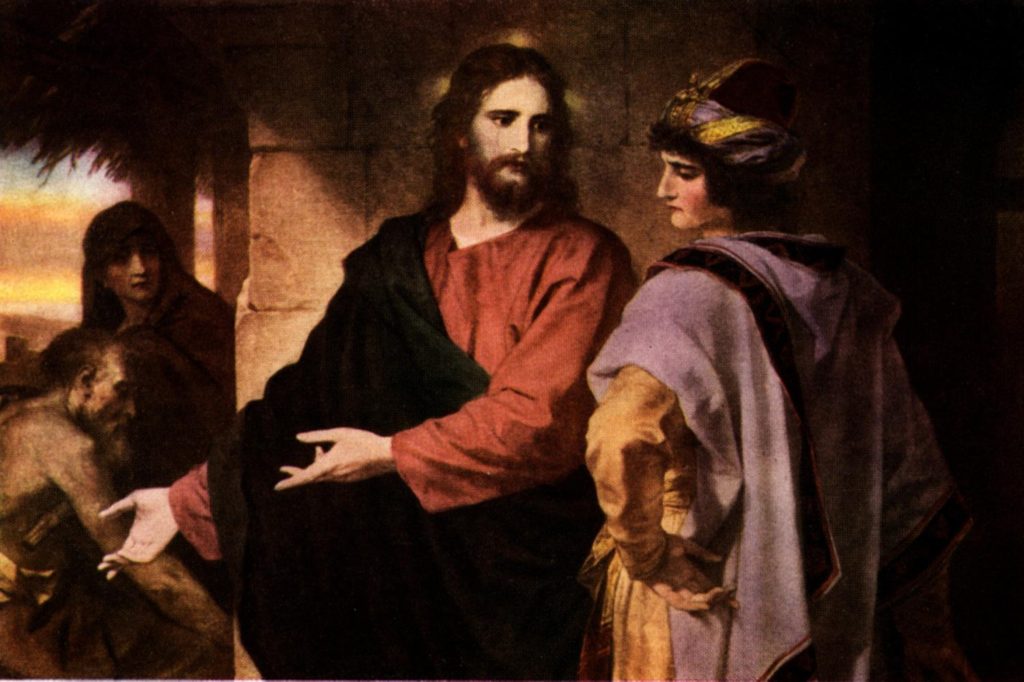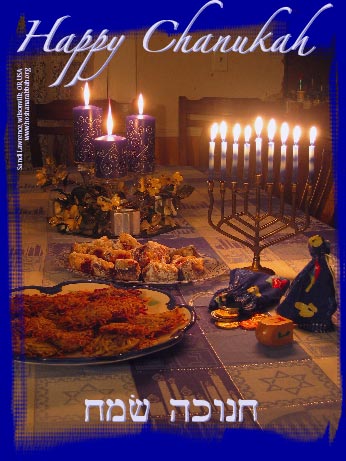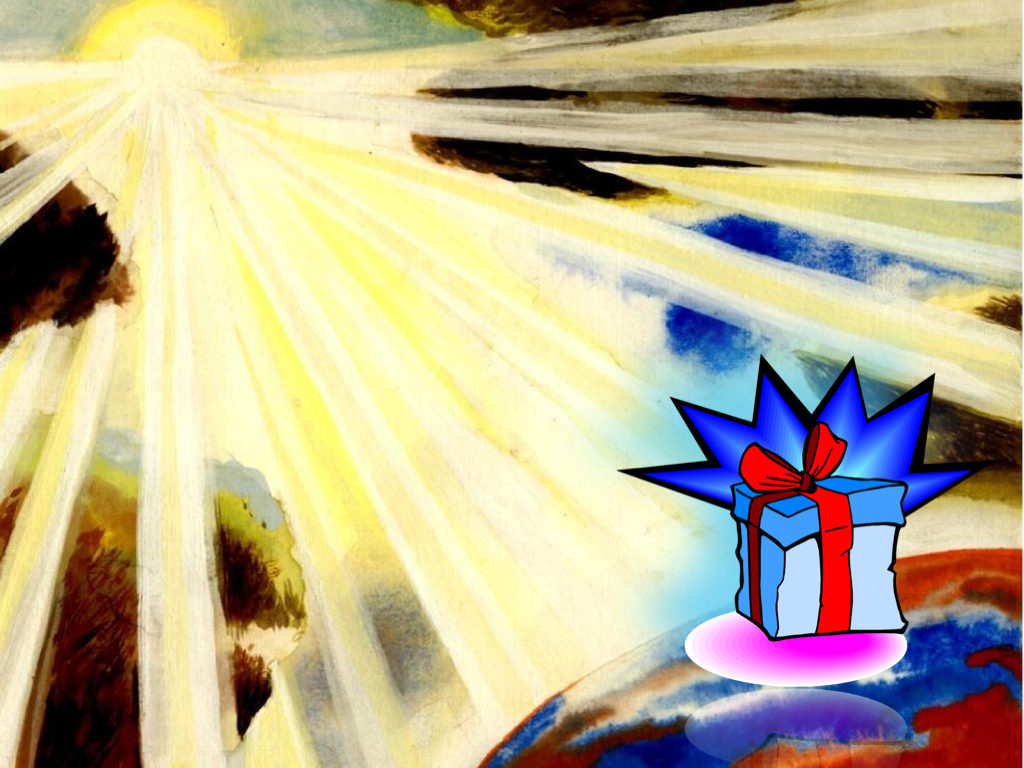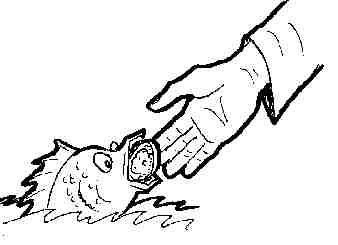Joseph and Judah (the Two Houses of Israel)
In what follows, we will see types and shadows that point to the end-time reunification of the two houses of Israel (Joseph/Ephraim and Judah/the Jews), and to Yeshua the Messiah whose role it would be to regather and reunite the two houses of Israel by laying his life down as a ransom or substitute for his brothers. In this study, we will discuss the following themes:
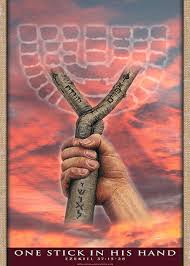
- reuniting lost family members
- reuniting lost family members
- reconciliation and healing of wounds and offenses between families
- forgiveness of past wrongs, offenses and misunderstandings
- prophetic shadows of Yeshua the Messiah
Let’s now analyze the events in the life of Joseph (and to a lesser degree, Judah) as they occurred chronologically to see how they pointed forward to events that would occur in the future including the end times.
Joseph Taken as Captive to a Gentile Nation (Gen 37)
Joseph was sold into slavery and taken as a captive to Egypt. Similarly and prophetically, Joseph’s descendants (Ephraim and Manasseh), along with their fellow tribesmen of the northern kingdom of Israel (or house of Israel), were taken as captives into Assyria (ca. 723 B.C.). From there they were scattered around the world (into spiritual “Egypt,” ) where the biblical prophets predicted they would remain until the final regathering at the end of the age (just prior to and at the coming of Messiah). We will understand this more as we proceed.
Joseph: From Slave to Ruler (Gen 37, 41)
At first, Joseph was a slave and a prisoner in Egypt, but then he prospered and was elevated to a position of leadership there. Likewise, in the future, Joseph’s descendants (Ephraim, Manasseh, and the rest of the house of Israel) would start out as slaves and captives in Assyria (in the eighth century b.c.), but would later become leaders and rulers in their captive nations and would actually have their own nations just as Jacob prophesied would occur to Ephraim and Manasseh (that they would become a multitude of nations, Gen 48:19). We believe that these nations have become the primary Christian nations (of which America is the leader). As we shall see below, the ancient Jewish sages, based on their understanding of the Scriptures, foresaw that the nations of the ten tribes would spread the truth of Messiah Son of Joseph, the Suffering Servant (Yeshua the Messiah at his first coming) around the world. This would help to prepare the way for the Messiah Son of David (Yeshua the Messiah at his second coming).
Continue reading

